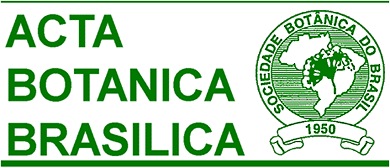A process associated with frontier expansion in developing countries is the privatization of natural resources formerly held in common by traditional populations. An example of this transformation comes from Maranhão State, in a region of mid-northern Brazil known as "Pre-Amazônia" (Pre-Amazon), where jaborandi (Pilocarpus microphyllus Stapf ex Holm.; Rutaceae), a plant resource that used to benefit thousands of rural poor, is being increasingly privatized. This process began with the expansion of the pilocarpine market in the world, provoking uncontrolled growth in extraction of native plants and resource depletion. This paper reports the latest developments regarding the exploitation of P. microphyllus in Maranhão, describing the current system of production, from leaf collection to industrialization. It also discusses social, economic and environmental benefits/damages to the people who exploited jaborandi and to the natural populations of this plant species. The results showed that, historically, there were no significant benefits shared between the pharmaceutical industry and people in the past.
Pilocarpus microphyllus; Extractivism; Cultivation; Privatization; Maranhão


